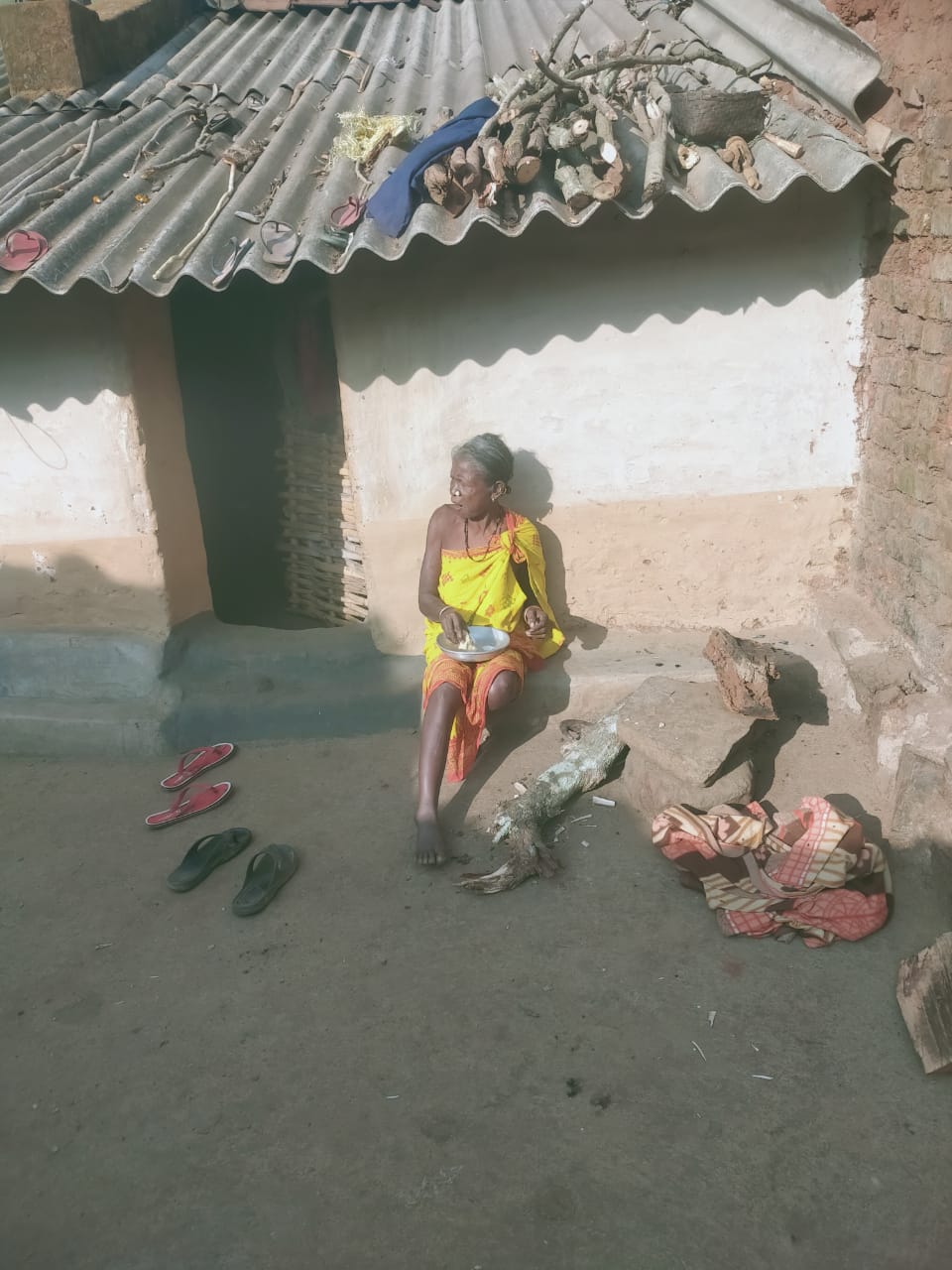Pengo is a scheduled tribe that lives in Orissa. Koraput and Malkangiri are districts located in the state of Odisha, known for their rich cultural diversity and religious practices. These districts are home to a high concentration of Adivasi communities, each with its own unique language and ecological knowledge. Although these communities are termed as ‘Hindus’ by the constitution of India, they have their own indigenous religions. The districts are among the poorest in Odisha, yet are blessed with natural beauty, including green valleys, forests, waterfalls, terraced valleys, and springs. This area is home to the most primitive of the 62 tribal groups in Odisha.
Cultural Features

The Pengo people speak their unique language and consume non-vegetarian food, consisting of rice and barley. They practice monogamy and have a diverse range of clans. Women play a significant role in their daily activities, excluding political and religious affairs. The Parja religion, which is a blend of Hinduism and tribal beliefs, governs their lives, and they have a council to oversee their community’s welfare. The literacy rate among them is low, and thus education is essential to them. They have only partial Scriptures in their language. They do not typically favour family planning and rely on shifting cultivation for their livelihoods.
Life of Pengo People
The people of the area have limited incomes, which are usually just enough to sustain their daily lives. They cultivate several types of cereals and also maintain small vegetable gardens. However, they do not produce enough to feed their families for a full year and must also rely on forest produce. Road construction projects often hire farmers as manual labourers when they are forced to leave their barren farmland. Others raise cattle to sell or trade.
Community members venture into the surrounding forests to gather edible items or items that can be sold for money during the non-agricultural season. Unfortunately, the community faces challenges in the areas of education, literacy, and employment. Many community members live in forest areas that are not officially registered, making it difficult to obtain secure land tenure. As a landless community, they are heavily dependent on outsiders for employment opportunities. However, in their pursuit of daily subsistence, they often overlook the importance of education.

